Caspian Sea: Secrets, History & Travel in Azerbaijan
The Caspian Sea is the largest enclosed body of water on Earth, covering more than 370,000 square kilometers. Despite its name, it is technically the world’s largest lake, with no connection to the global oceans. It touches five countries — Azerbaijan, Russia, Kazakhstan, Turkmenistan, and Iran. Yet, the Azerbaijani coast of the Caspian is unique: here, history meets modern life, and unspoiled nature coexists with the vibrant energy of Baku.
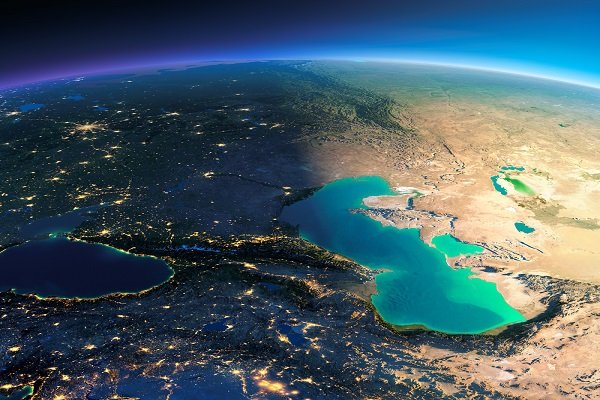
🌍 History and Legends of the Caspian
Since ancient times, the Caspian has been at the crossroads of civilizations. Archaeological findings show that people settled on its shores thousands of years ago. The sea served as a trade corridor linking East and West and was mentioned in the works of Herodotus and Ptolemy.
Countless legends are tied to the Caspian. Ancient peoples believed that mysterious creatures and treasures lived in its depths. In Azerbaijani folklore, the sea is often described as a living being — sometimes generous and calm, sometimes unpredictable and harsh.
During the Middle Ages, the Caspian held immense strategic importance. Caravans of the Great Silk Road passed along its shores, and fortress towns, caravanserais, and ports sprang up, many of which shaped the cultural heritage of Azerbaijan.
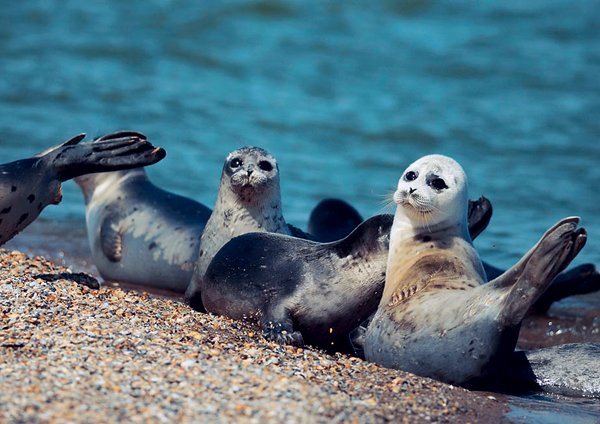
🐟 Unique Nature and Ecosystem
The Caspian Sea is famous for its biodiversity. It is home to about 850 species of animals, including fish, crustaceans, and rare marine life. The most iconic is the sturgeon, especially the beluga, which produces the world-famous black caviar. Azerbaijani caviar is considered among the finest in the world and is itself a symbol of the region’s gastronomy.
Another unique inhabitant is the Caspian seal — the only mammal native to this sea. Once severely endangered, the species is now under protection, and conservation programs in Azerbaijan are helping to restore its population.
The Azerbaijani coast of the Caspian offers diverse landscapes: sandy beaches along the Absheron Peninsula, wetlands that shelter migrating birds, and protected reserves full of rare fauna. Ornithologists point out that the Caspian is a vital stopover point for birds migrating between Europe, Asia, and Africa.
🏖️ Tourism and Recreation
Today, the Caspian coastline of Azerbaijan is one of the country’s most attractive destinations for both locals and international travelers.
> Baku - the heart of Caspian tourism. The famous Baku Boulevard stretches for kilometers along the sea, with parks, promenades, cafes, restaurants, and beach clubs. Summer brings lively crowds, and evenings offer stunning sunsets over the Caspian with the Flame Towers glittering in the background.
> Nabran - a popular resort area near the Russian border, filled with hotels, guesthouses, and recreation centers. It is a great destination for a relaxed seaside vacation.
> Lankaran and Astara - the southern Caspian coast, where the subtropical climate creates lush greenery and warm, humid air. Visitors can swim in the sea, taste Lankaran’s famous tea, and enjoy the slow pace of life.
> Northern resorts (Quba, Qusar) - though not directly on the shore, these regions are often combined with trips to the Caspian for their stunning mountain views and growing tourist infrastructure.
For adventure seekers, the Caspian offers diving, yachting, kitesurfing, and fishing. Increasingly popular are boat tours that allow travelers to see Baku and the surrounding coast from the water.
⚓ Caspian in Economy and the Future
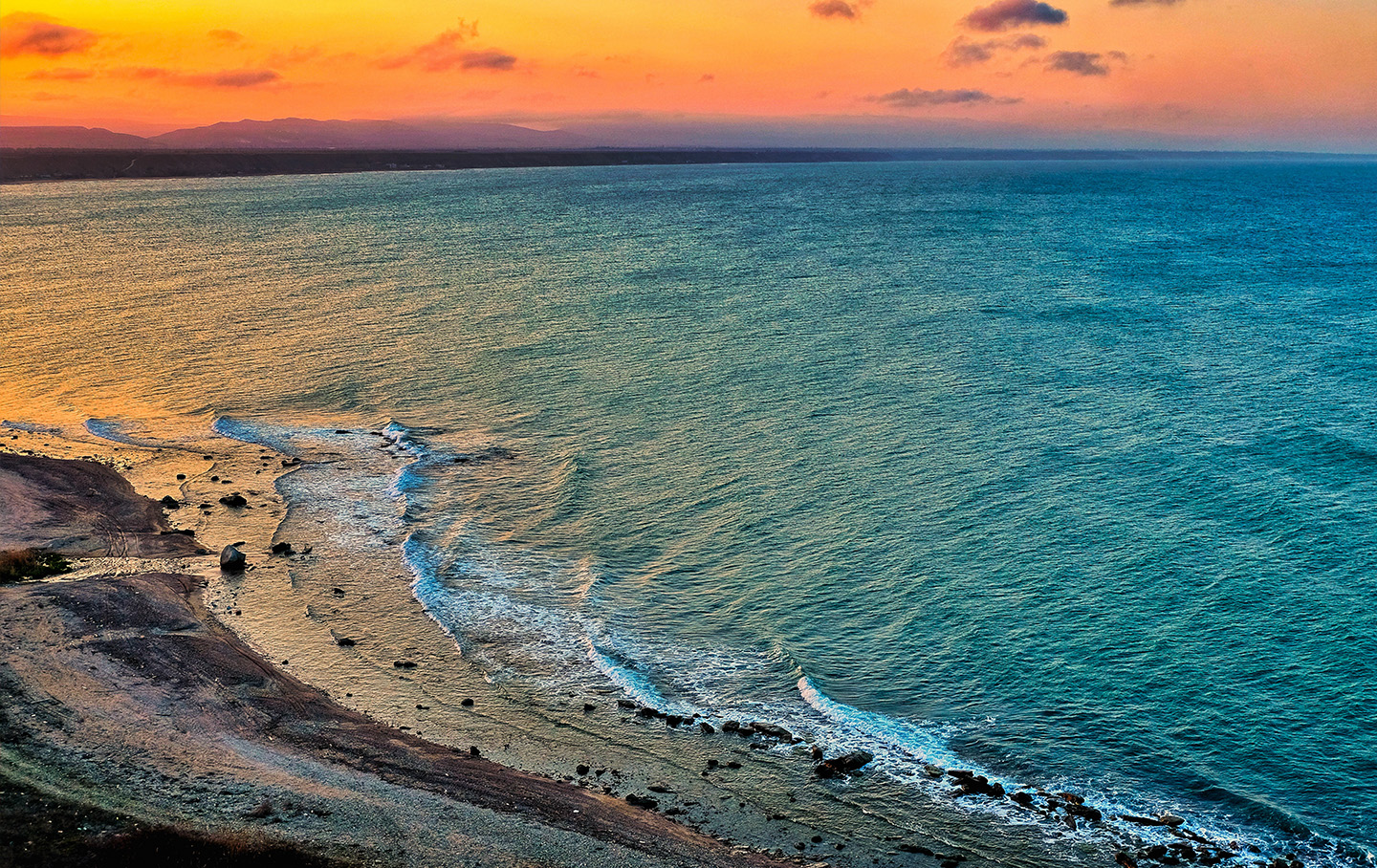
For Azerbaijan, the Caspian Sea is more than a natural wonder — it is a strategic resource. The seabed holds vast reserves of oil and gas, making the country a key player in the global energy market. At the same time, environmental issues are a growing priority. Azerbaijan is actively developing eco-tourism projects and supporting programs that protect the Caspian’s biodiversity.
Looking ahead, the Azerbaijani coast is set to become even more attractive to travelers. New hotels and resorts are being built, public beaches are being expanded, and sustainable tourism initiatives are being introduced to balance comfort with nature preservation.
The Caspian Sea is not just a geographical landmark — it is a symbol of Azerbaijan itself. Here, history and modernity intertwine, nature and culture coexist, and economic power meets tourism potential.
For travelers, the Caspian promises a wealth of experiences: from relaxing on sandy beaches and tasting world-class caviar to exploring ancient legends and enjoying vibrant evenings along the Baku Boulevard.
Visiting Azerbaijan without seeing the Caspian Sea means missing out on the true spirit of the country.
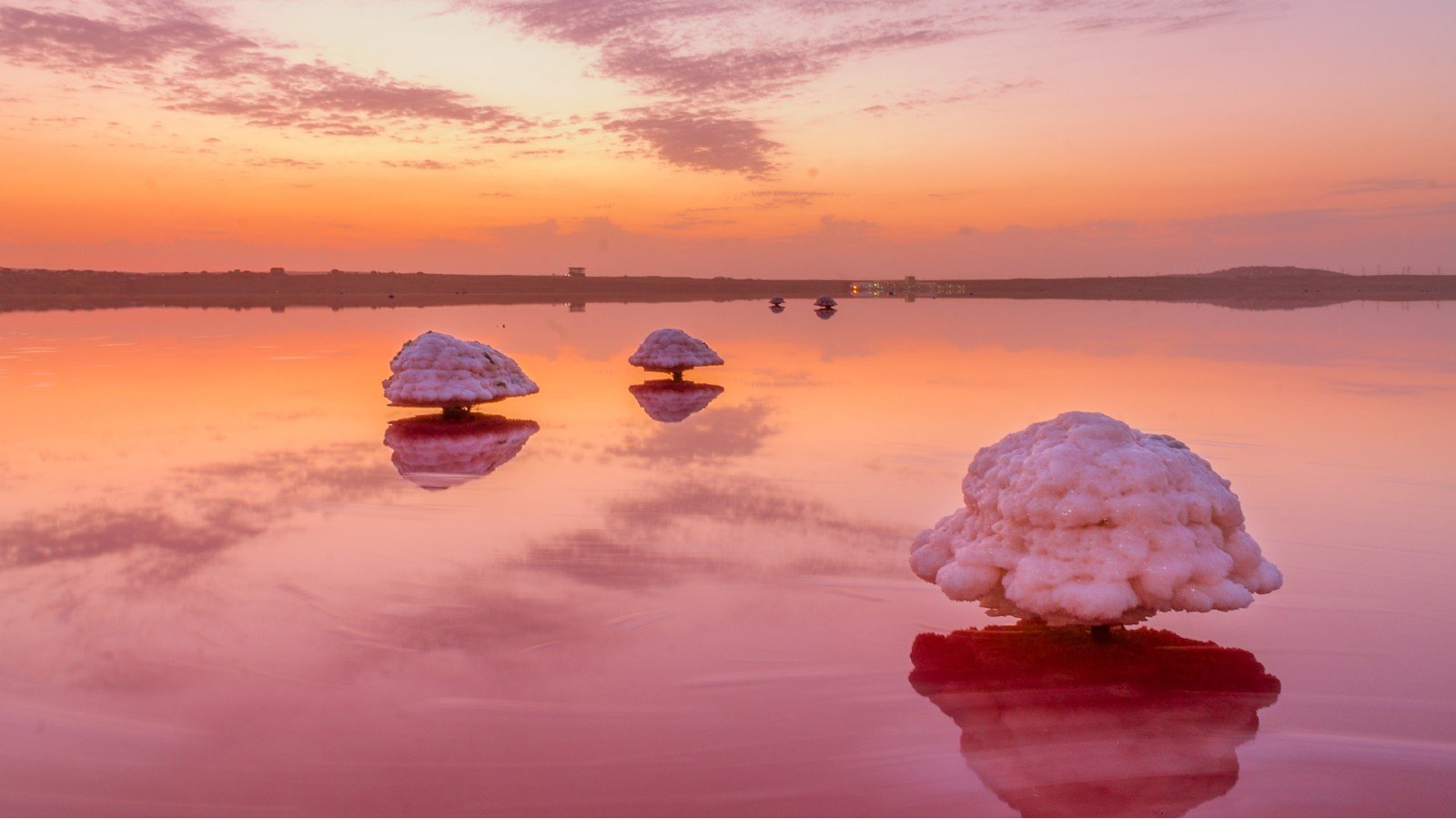
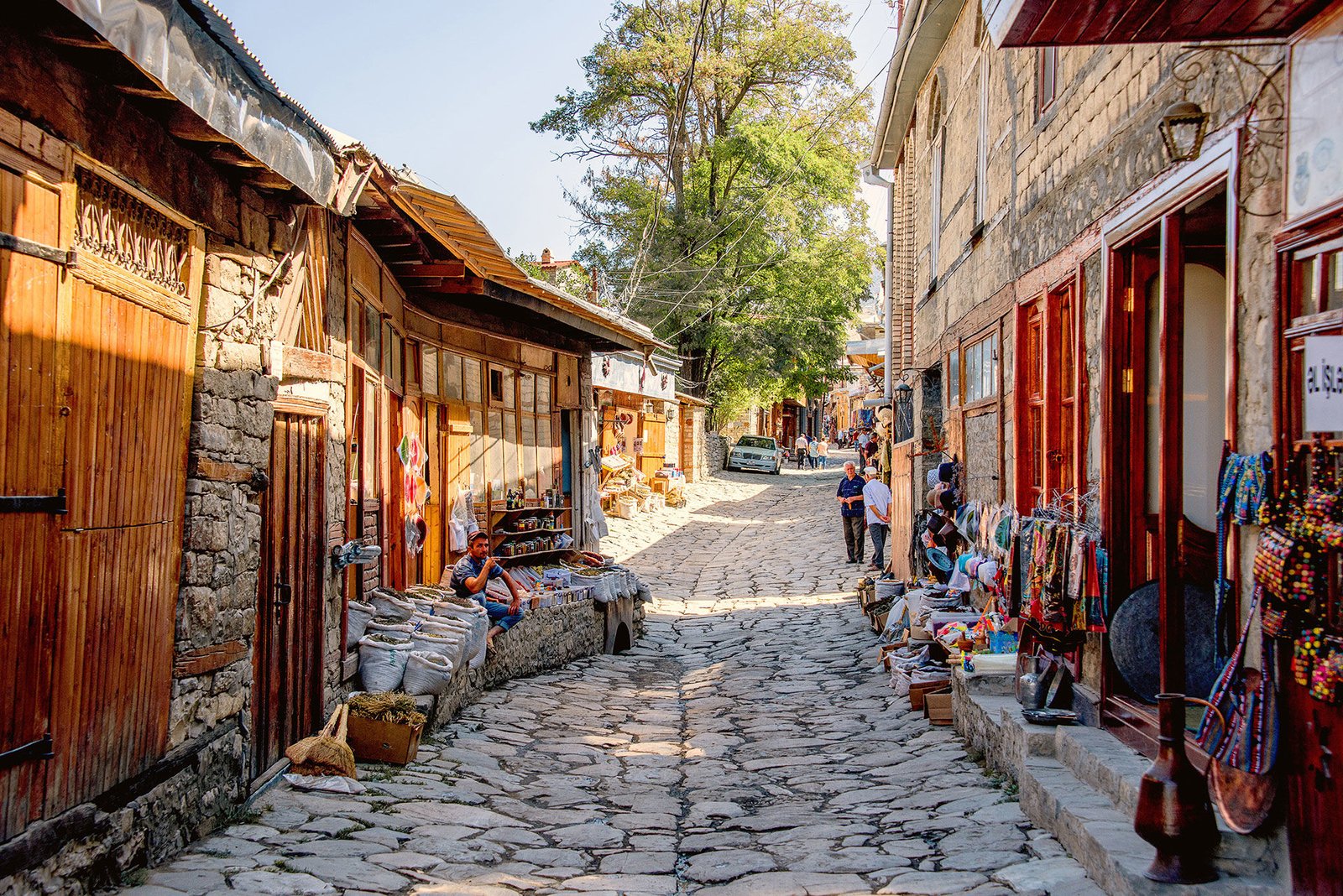

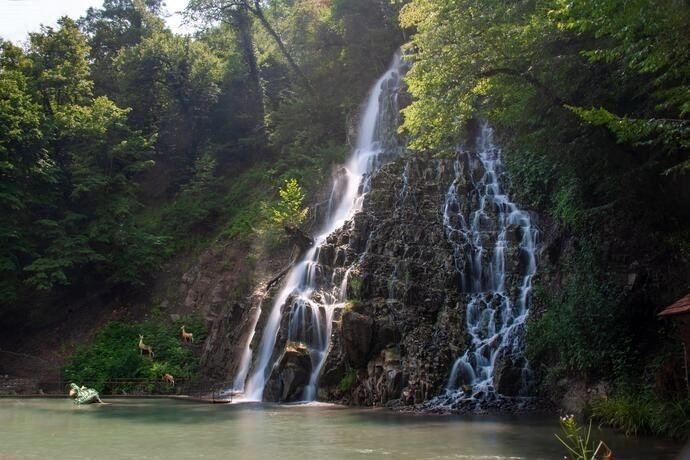



.jpg)
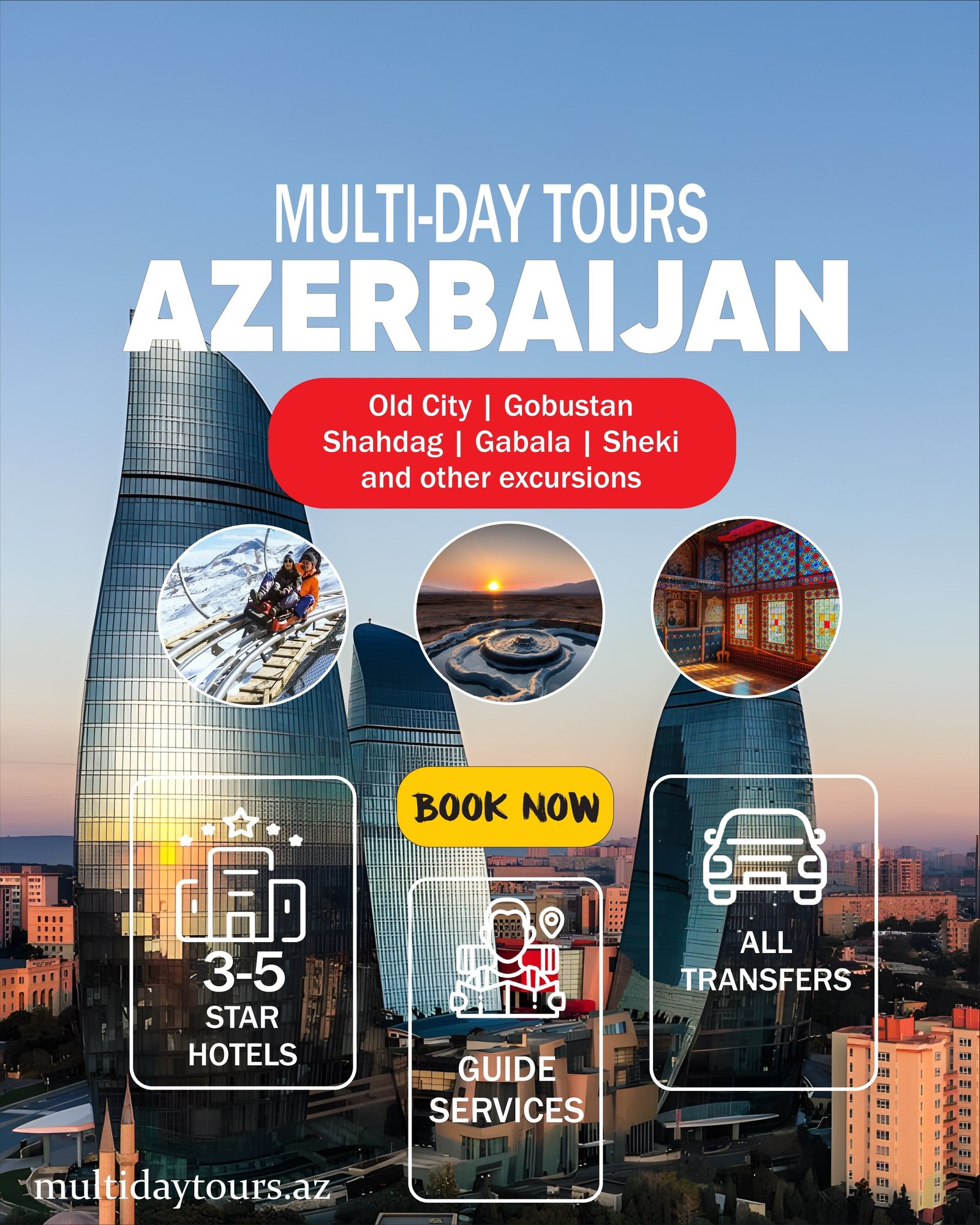
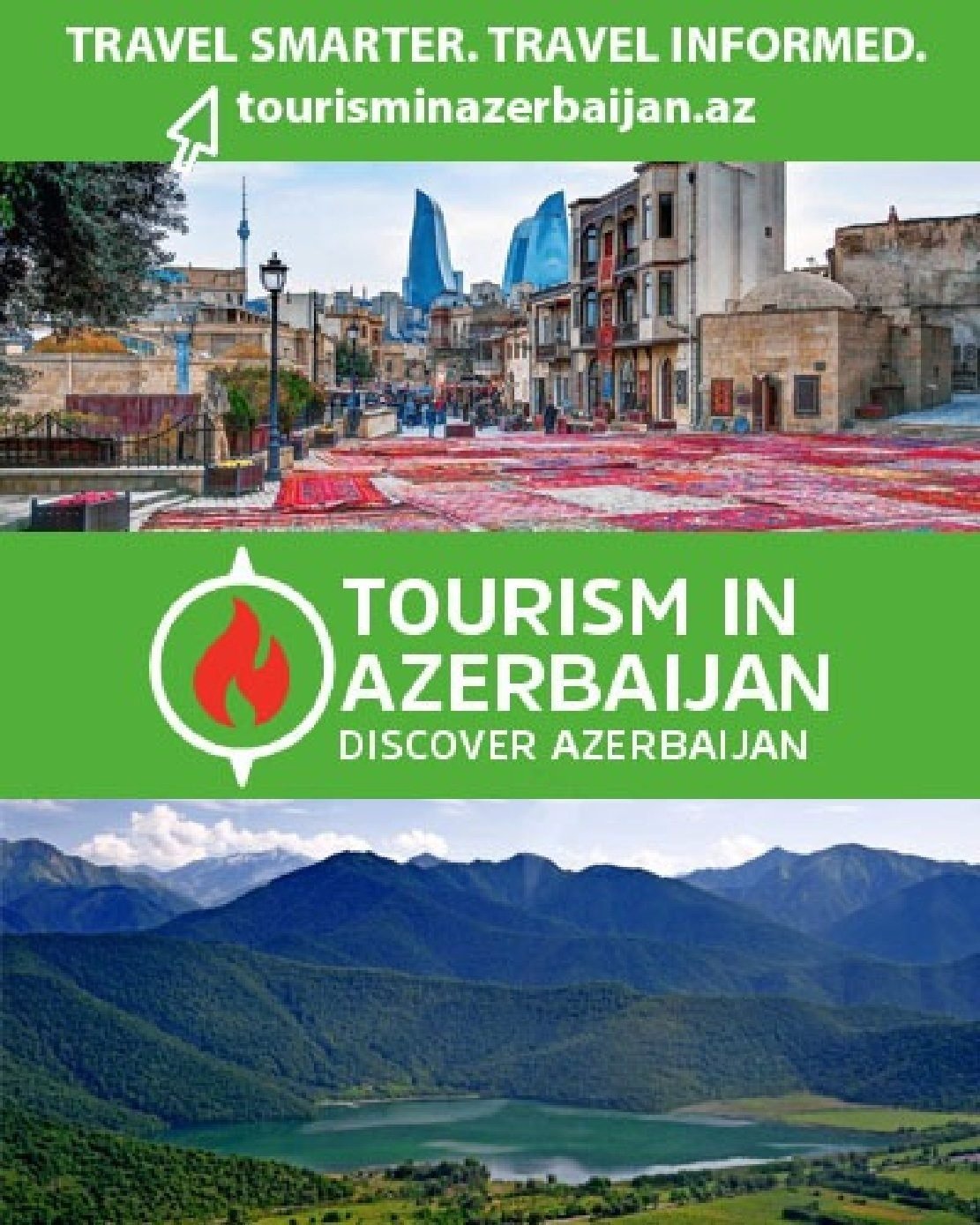


Comments
No comments yet.
Leave a Comment